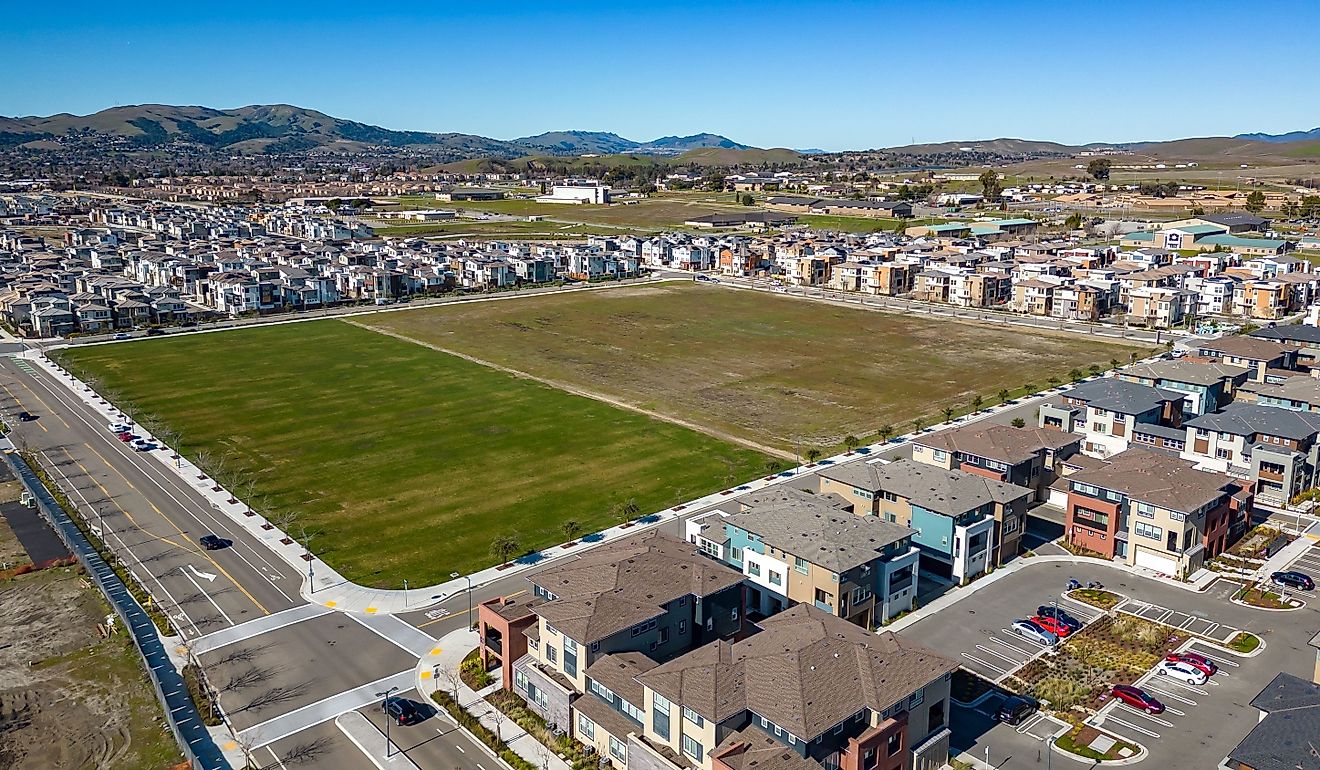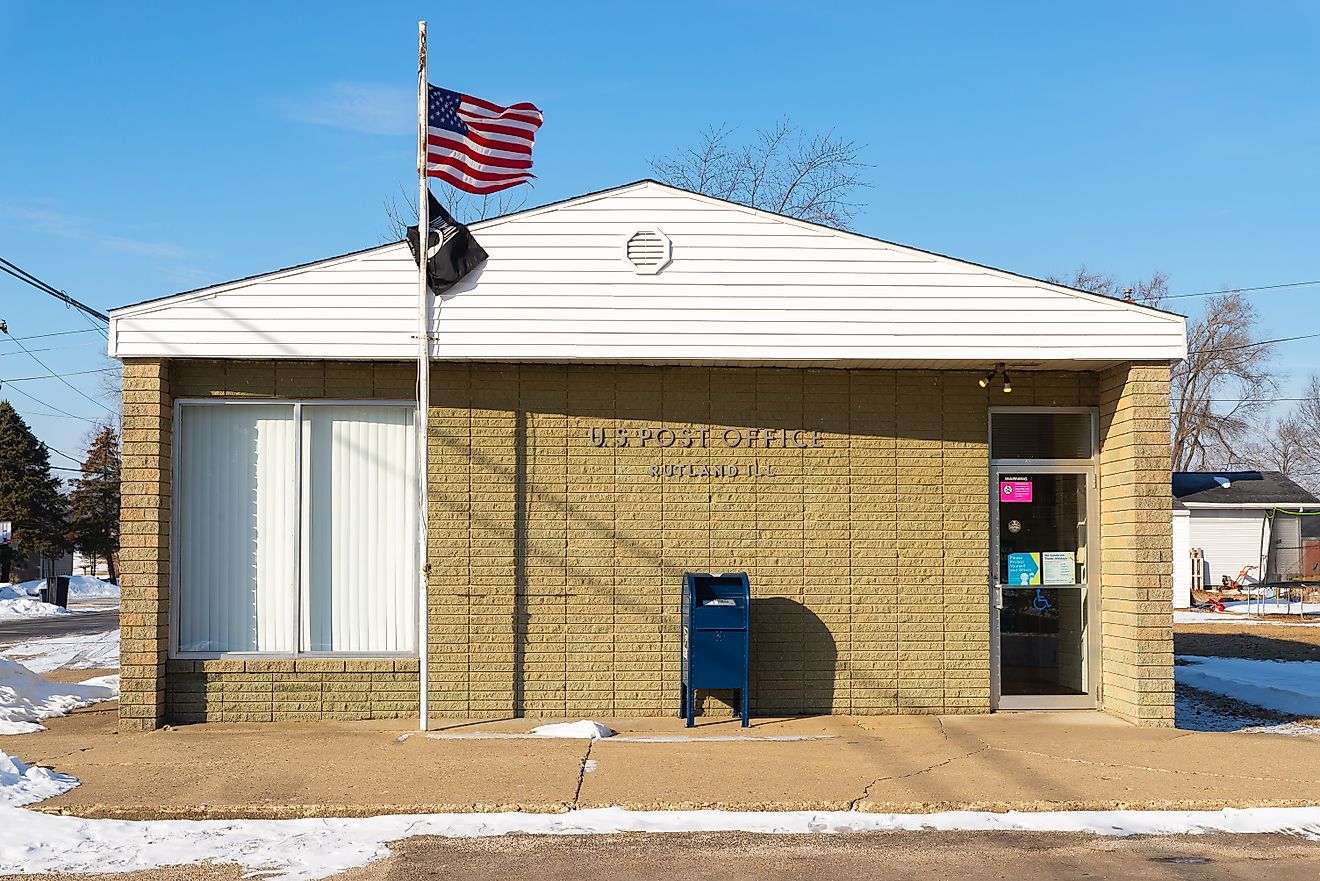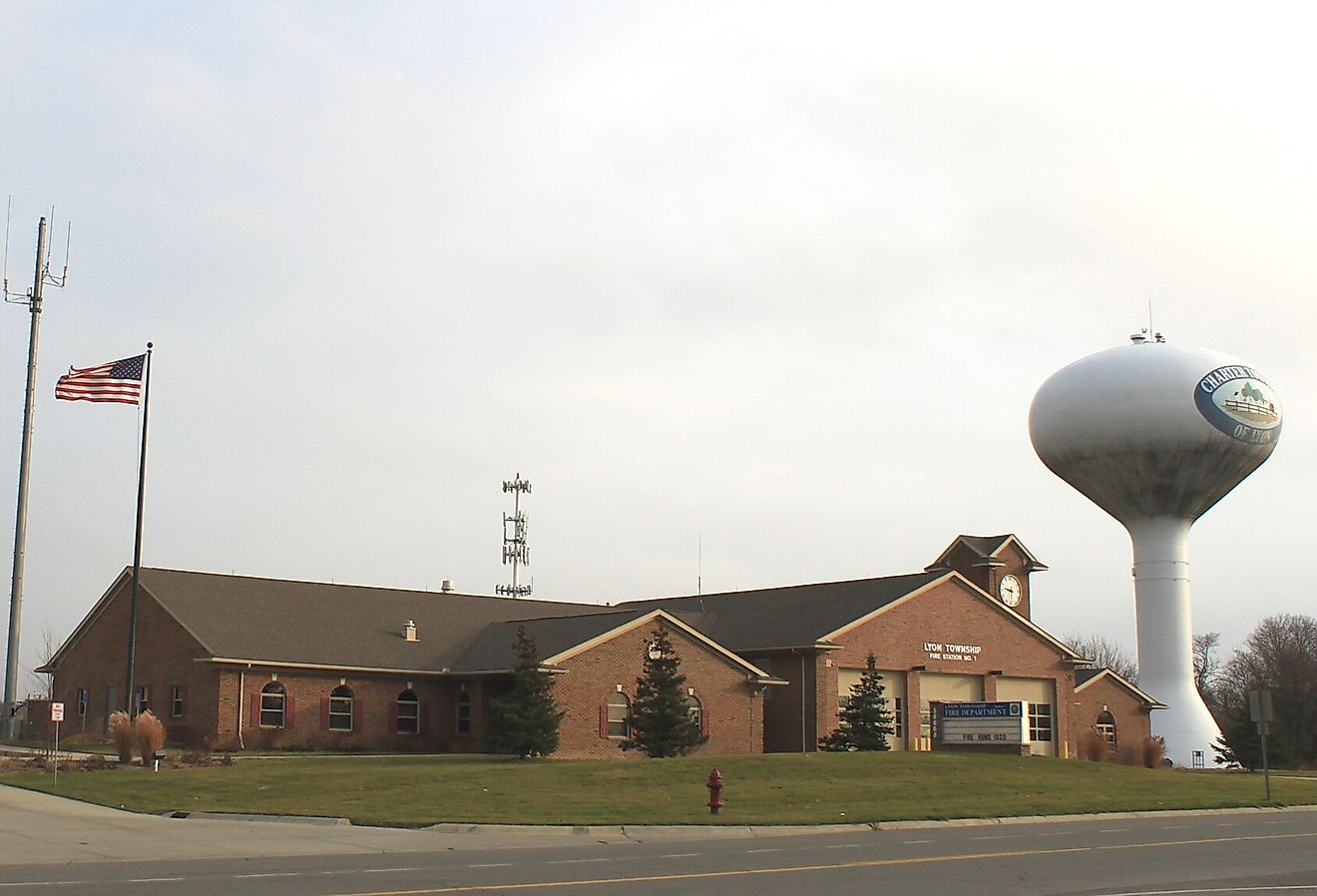What Is the National Airline of Argentina?

Argentina’s airline industry is made up of passenger air services, including scheduled and chartered air transport. There are 34 airports and multiple carriers in Argentina, serving both domestic and international passengers. The country has an incredible opportunity to expand the airline industry because of its vast territory and a young working population with links to faraway towns within and outside the country. The country's airspace is regulated by the Ministry of Transport and Civil Aviation, while the safety and navigation services for the airspace are provided by the Comando de Regiones Areas. Aerolíneas Argentinas, the state-owned airline, is the major player in the country’s airline industry,
Aerolíneas Argentinas
Aerolíneas Argentinas is the largest airline in Argentina, as well as the country’s national carrier. It was established in 1949 following the merger of four major companies. It commenced operations in 1950 and currently operates alongside Austral Lineas Aereas from two hubs in Buenos Aires, which are Ministro Pistarini International Airport and Aeroparque Jorge Newbery. Aerolíneas Argentinas uses a fleet of Boeing aircraft to serve domestic and regional routes, while intercontinental services are flown by a fleet of Airbus aircraft. The airline became a member of the Sky Team in August 2012, while the cargo division joined the Sky Team Cargo in 2013. Argentina is served almost exclusively Aerolíneas.
History
The history of Aerolíneas Argentinas dates back to 1929 when Aeropostal began airmail operations between Asuncion and Buenos Aires. Several French pilots worked for the company in its beginning, but the Frenchmen were gradually replaced by Argentine personnel. Shortly after, Aeroposta Argentina, a subsidiary of Aeropostal, was formed. The new airline expanded its network, with the government having a 20% stake in the company. The company soon became unprofitable, leading to President Juan Peron ordering an amalgamation of the two airlines into a single state-owned company in May 1949. The company was rebranded as Aerolíneas Argentinas-Empresa del Estado. The companies that comprised the state holding ceased their independent operation at the end of 1949. Aerolíneas started operation on its own in December 1950, and in 1971 the airline was assigned the monopoly of international operations from Argentina, technically preventing other Argentina airlines from operating international flights. The same law also assigned the airline 50% of the domestic market share. Aerolíneas was privatized from 1990 until 2008, but was renationalized in July 2008.
Destinations and Fleet Size
As of 2012, the top five destinations for the Aerolíneas Argentinas in terms of available seat kilometers included Barajas, Miami, Barcelona, Fiumicino, and Sydney. European routes account for approximately 40% of available seat kilometers. In 2013, the airline began serving Atlanta, Las Vegas, and Tel Aviv. As of April 2016, the airline serves over 20 international destinations including Brazil, Bolivia, Canada, the United States, Uruguay, and several European countries. Aerolíneas Argentinas has a fleet of 56 aircraft, including Airbus and Boeing. The airline began to modernize in 2009 by replacing old aircraft. Aerolíneas Argentinas revamped its image in 2010, giving the airline a more modern appearance. The airline has recorded 43 accidents or incidents since it started operations in 1950, ranking it among some of the safest airlines in the world.











